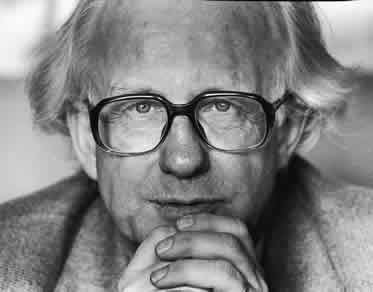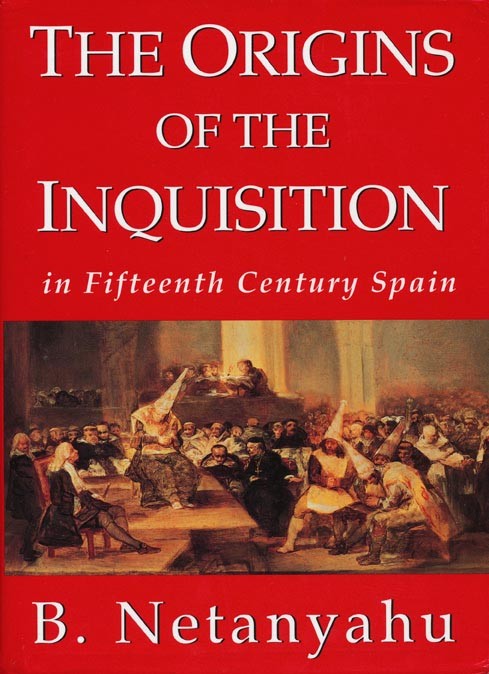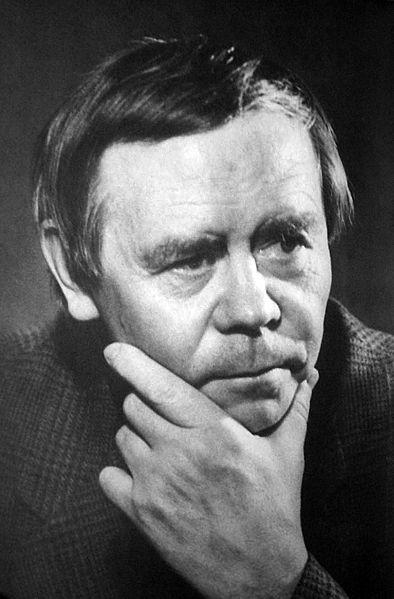Free to Cheat: “Jewish Emancipation” and the Anglo-Jewish Cousinhood, Part 2
The Cousinhood on the World Stage.
In 1847, London’s Jewish community had produced a statement for public consumption stressing that the election of Lionel de Rothschild would represent nothing more than the election of another politician who would work for “the welfare of the nation, and the prosperity of his country.”[33] However, later actions by members of the Cousinhood who had taken places in the legislature and in government would provide cause for pondering precisely which nation was being referred to. David Feldman has revealed that entry into the legislature facilitated greater Jewish involvement in the administration of the British Empire, and that the Cousinhood was involved in a succession of financial and political scandals which had at their root “family and religious connections,” “the pursuit of profit,” and attempts to “influence colonial affairs when it deemed [global] Jewish interests were at stake.”[34]
By 1900, through a process of ethnic and familial networking, the Cousinhood had secured many of the most significant administrative positions in the Empire. Feldman notes that the Nathan family alone had by that date secured the positions of Governor of the Gold Coast, Hong Kong and Natal, Attorney-General and Chief Justice in Trinidad, Private Secretary to the Viceroy of India, Officiating Chief Secretary to the Governor of Eastern Bengal and Assam, and Postmaster-General of Bengal.[35] In Parliament, Lionel Abrahams was Permanent Assistant Under-Secretary at the India Office, working under his cousin Edwin Montagu who was then Parliamentary Under-Secretary for India.[36] Read more









